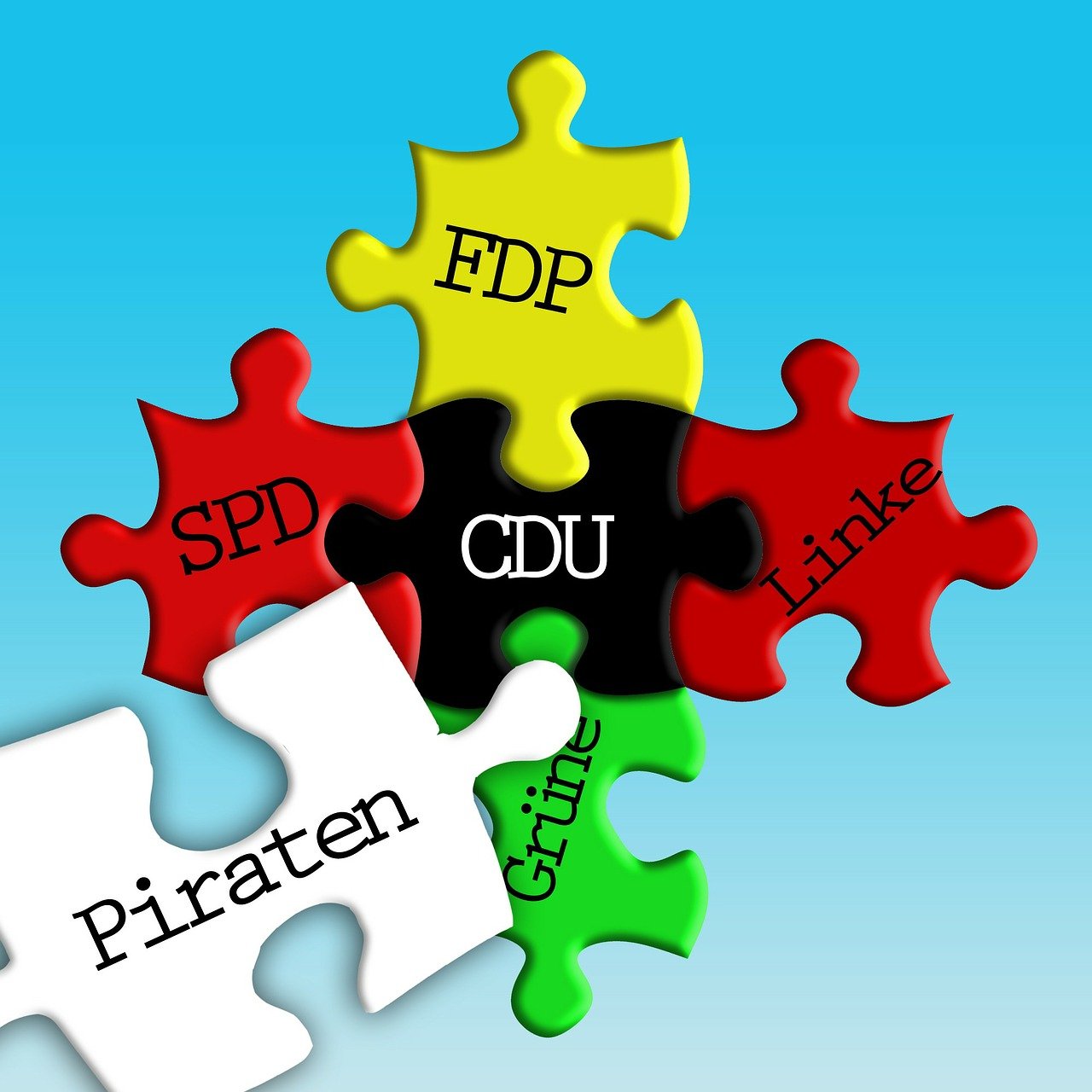Investigating the Role of Peer-to-Peer Messaging Apps in Get-Out-The-Vote Efforts
In recent years, peer-to-peer messaging apps have emerged as powerful tools for engaging voters and driving political participation. These platforms provide a direct and personalized way to connect with individuals, allowing campaigns to tailor their outreach strategies and mobilize supporters more effectively. By leveraging the immediacy and intimacy of peer-to-peer messaging, political groups can establish meaningful connections with voters, fostering a sense of community and engagement that traditional forms of communication often struggle to achieve.
Furthermore, the interactive nature of peer-to-peer messaging apps enables campaigns to not only disseminate information but also gather valuable insights from recipients. By sparking two-way conversations and soliciting feedback, political organizations can better understand voter preferences and concerns, allowing them to craft more targeted and compelling messages. In this way, peer-to-peer messaging apps have revolutionized voter engagement by facilitating more personalized and data-driven communication strategies.
Peer-to-peer messaging apps provide a direct and personalized way to connect with voters
These platforms allow campaigns to tailor outreach strategies and mobilize supporters effectively
The immediacy and intimacy of peer-to-peer messaging help establish meaningful connections with voters
Political groups can gather valuable insights from recipients through two-way conversations on these apps
Peer-to-peer messaging apps have revolutionized voter engagement by facilitating more personalized and data-driven communication strategies
Understanding the Impact of Peer-to-Peer Messaging Apps on Voter Turnout
Peer-to-peer messaging apps are playing an increasingly crucial role in shaping voter turnout during elections. By enabling direct communication between individuals, these apps have the potential to mobilize voters at a grassroots level. In previous elections, traditional methods of voter outreach have often been less effective in engaging younger demographics, but peer-to-peer messaging apps have shown promise in bridging this gap.
The real-time and personalized nature of peer-to-peer messaging apps allows for more targeted and engaging interactions with voters. This direct approach not only helps in disseminating important information about candidates and election processes but also encourages active participation in the electoral process. As a result, these apps have been instrumental in boosting voter turnout by fostering a sense of community engagement and empowerment among users.
Exploring the Effectiveness of Peer-to-Peer Messaging Apps in Mobilizing Voters
Peer-to-peer messaging apps have emerged as powerful tools in mobilizing voters and driving engagement in political campaigns. These platforms allow for direct and personalized communication between volunteers or campaign staff and potential voters, fostering a sense of connection and trust that traditional forms of outreach may lack. By leveraging the convenience and widespread use of messaging apps, political campaigns can reach a broader audience and tailor their messaging to individual concerns and interests.
The effectiveness of peer-to-peer messaging apps in mobilizing voters lies in their ability to facilitate real-time conversations and provide timely information that can sway undecided individuals. Research has shown that personalized interactions through messaging apps have a higher response rate compared to mass emails or generic social media posts. Furthermore, by utilizing peer networks to disseminate information and encourage civic participation, campaigns can harness the power of social influence to drive voter turnout and engagement in a more targeted and efficient manner.
What are peer-to-peer messaging apps?
Peer-to-peer messaging apps are platforms that allow individuals to communicate directly with one another, without the need for a centralized server. Examples include WhatsApp, Signal, and Telegram.
Why are peer-to-peer messaging apps becoming increasingly important in voter engagement?
Peer-to-peer messaging apps allow for more personalized and targeted communication, making them an effective tool for reaching voters on a one-on-one basis. This personal touch can help motivate individuals to participate in the electoral process.
How do peer-to-peer messaging apps impact voter turnout?
Studies have shown that peer-to-peer messaging apps can significantly increase voter turnout by providing voters with reminders, information on polling locations, and encouragement to participate in elections.
What factors contribute to the effectiveness of peer-to-peer messaging apps in mobilizing voters?
The effectiveness of peer-to-peer messaging apps in mobilizing voters depends on factors such as the quality of the messaging content, the timing of the messages, and the level of engagement with recipients. Additionally, the trust and relationships between senders and recipients play a crucial role in determining the impact of these messages.
Are there any limitations to using peer-to-peer messaging apps for voter mobilization?
While peer-to-peer messaging apps can be a powerful tool for voter mobilization, they may face challenges such as message fatigue, privacy concerns, and limitations on the number of messages that can be sent. It is important for organizations to carefully consider these factors when using these apps for voter engagement.







